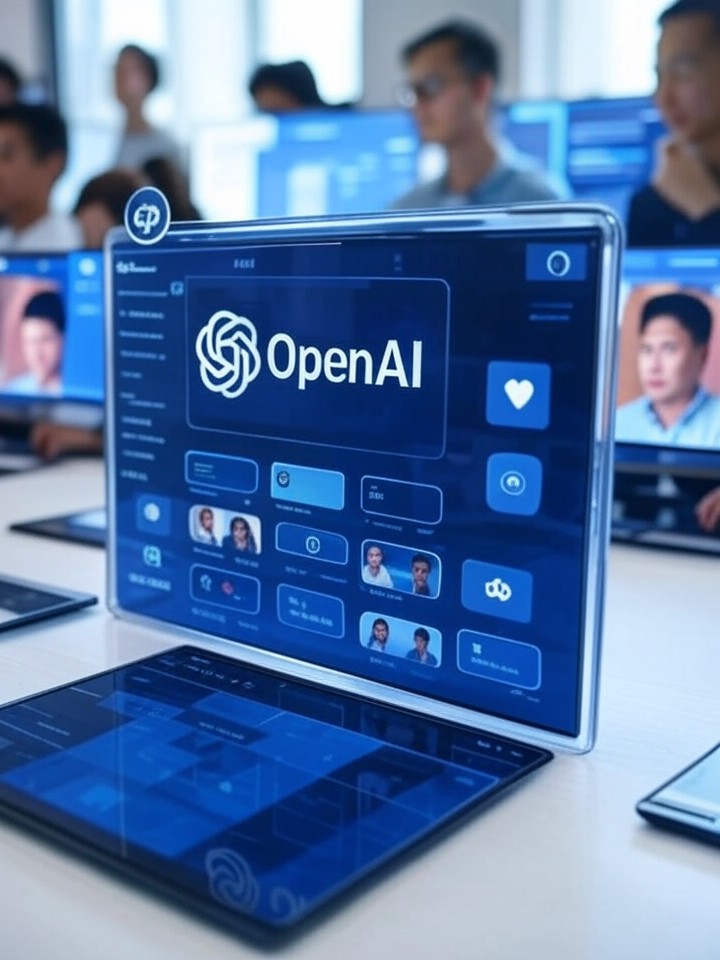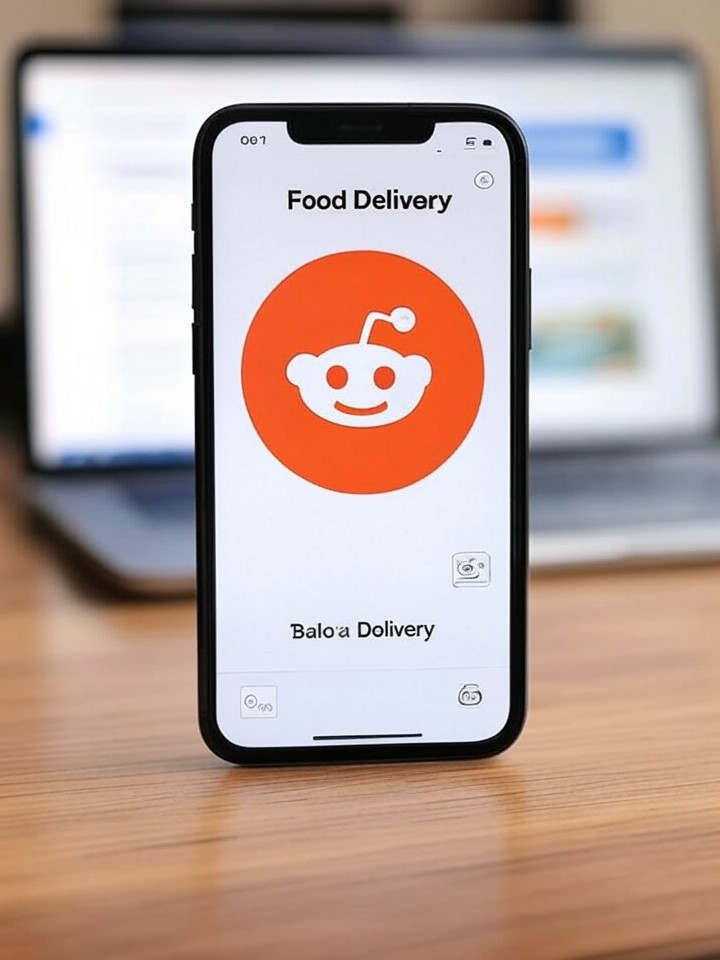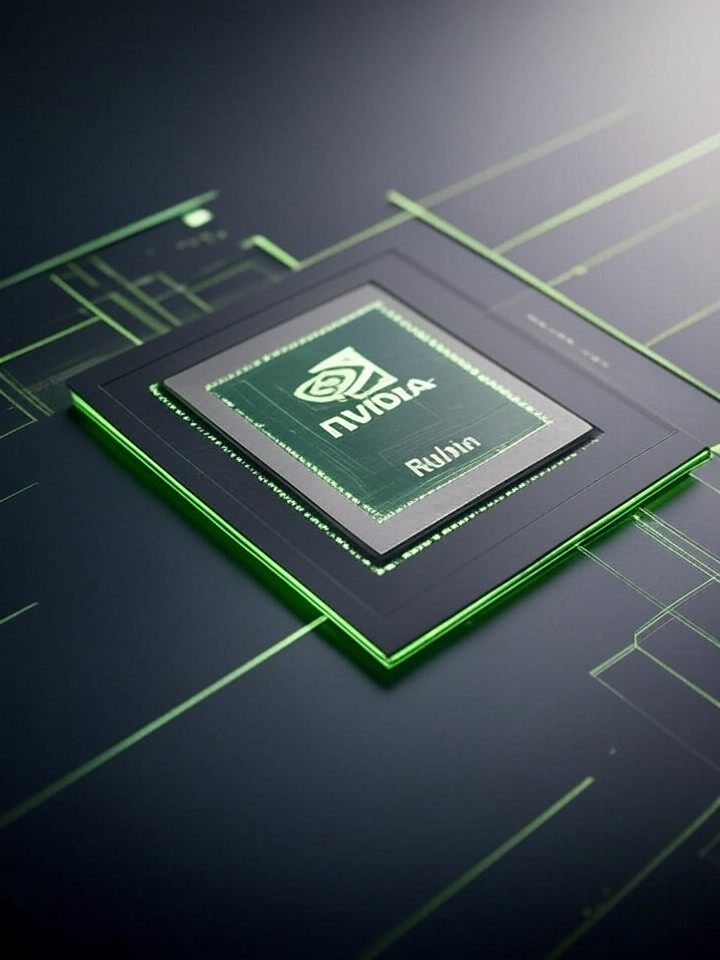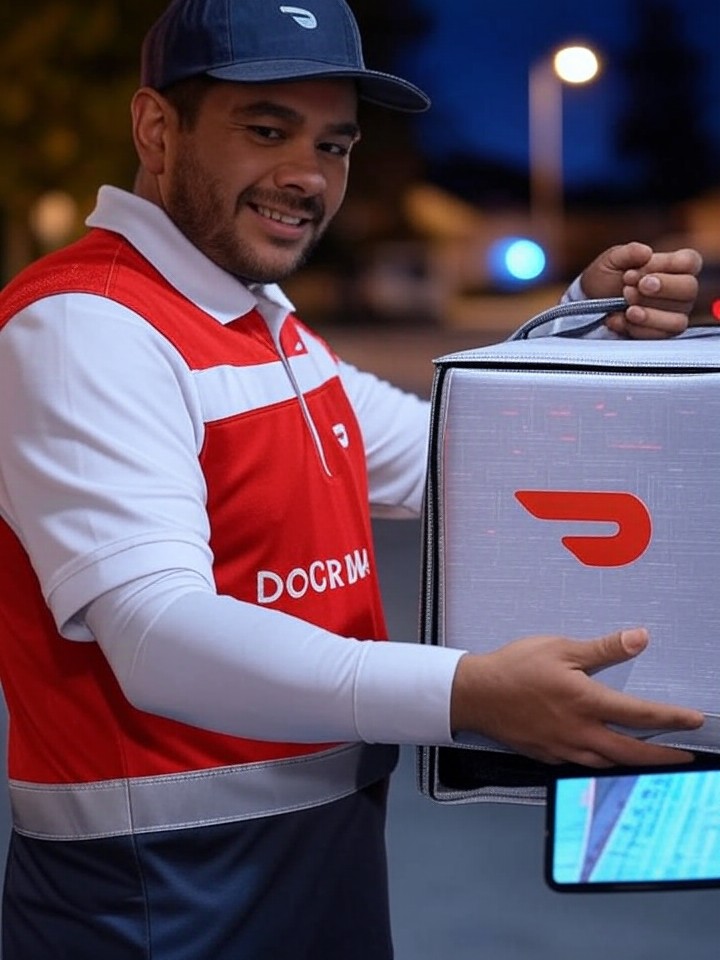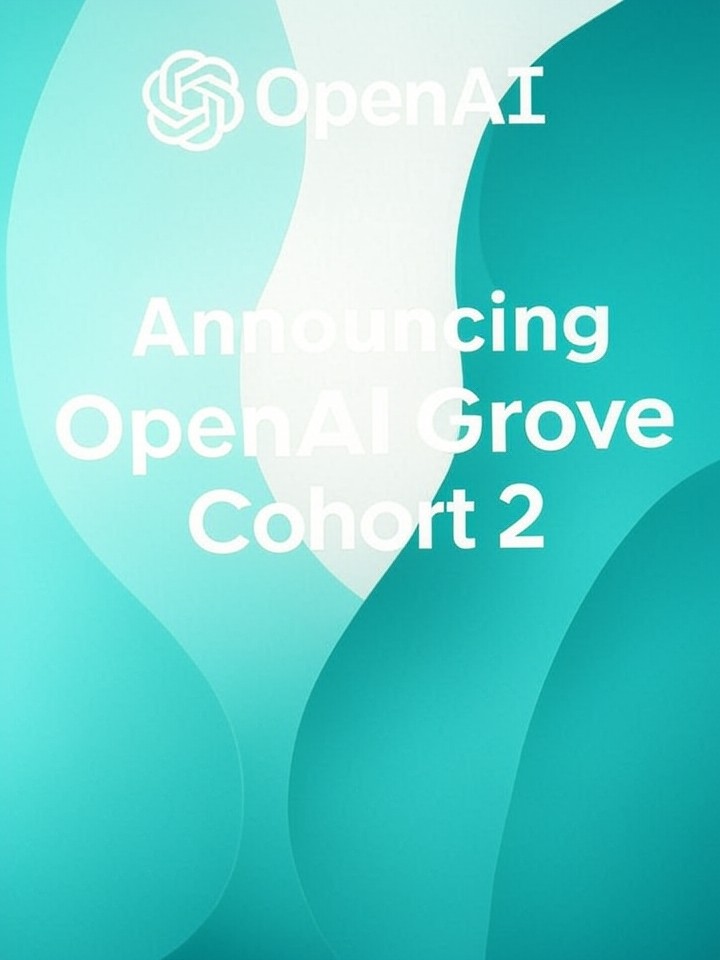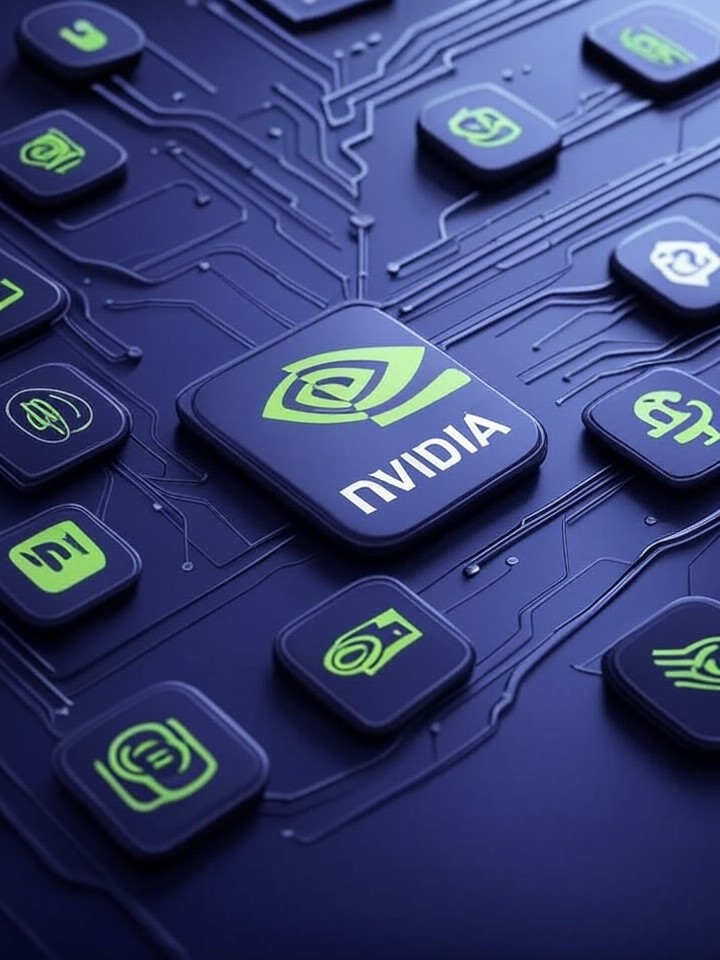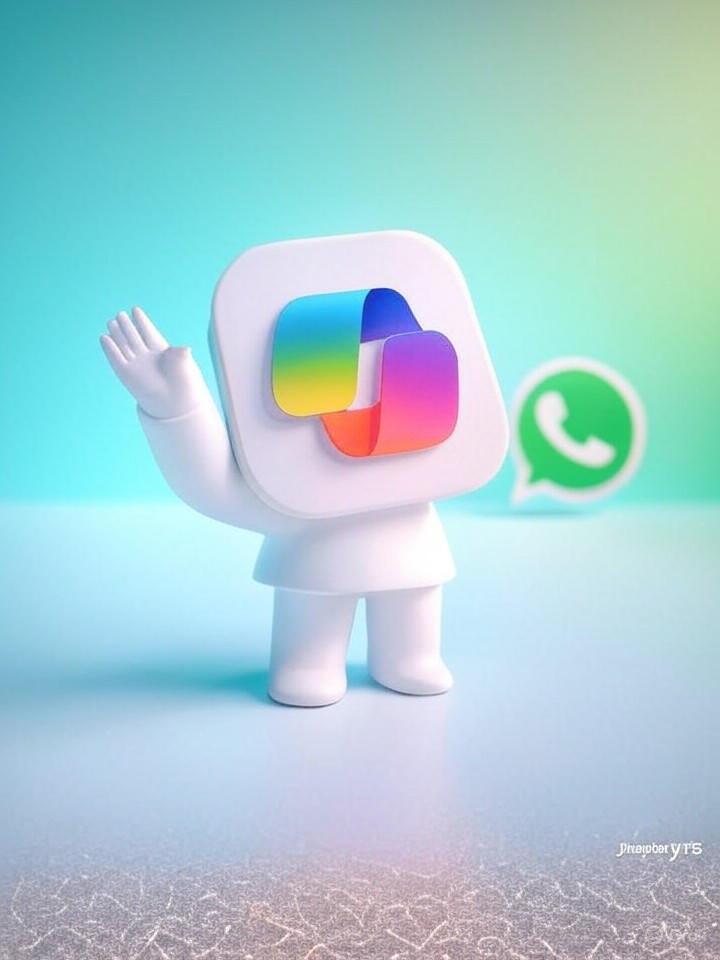Microsoft Copilot Exits WhatsApp as Businesses Turn to AI-Powered Automation
On January 15, Microsoft’s AI chatbot, Copilot, officially exited WhatsApp, signaling a strategic pivot in how companies are deploying conversational AI across platforms. As enterprises increasingly look toward integrated AI-driven solutions, tools that enable seamless, no-code automation are becoming the new frontier for productivity, marketing, and business growth.
The evolution of AI in business operations has rapidly accelerated in recent years. From AI-powered virtual assistants to intelligent data analytics systems, automation is no longer a luxury—it’s a necessity. With the decline of traditional chatbot deployments on consumer platforms like WhatsApp, organizations are now focusing on powerful AI agent ecosystems designed to handle complex workflows, streamline marketing campaigns, and optimize operations without requiring a line of code.
The End of Copilot on WhatsApp: What It Means for Businesses
Microsoft’s Copilot had tested waters in WhatsApp to provide conversational assistance similar to AI messaging tools like ChatGPT or Google’s Bard. However, the decision to remove Copilot from WhatsApp as of January 15 marks a broader trend: tech giants are consolidating their AI ecosystems under proprietary applications and enterprise tools rather than relying on external messaging platforms.
This change is not necessarily a limitation—it’s an opportunity. While WhatsApp integration offered a convenient touchpoint for casual use, enterprise-grade implementations require more flexibility, data control, and integration with internal systems. Businesses now have the chance to explore more robust, scalable solutions built specifically to enhance operations from within.
Why AI Automation Is the Next Step After Copilot
The discontinuation of tools like Copilot on consumer platforms underscores a key realization: businesses need autonomy and customization. AI automation platforms now allow users to design their own virtual agents capable of managing marketing workflows, performing data analysis, and orchestrating operations across multiple channels—all without code.
No-Code AI Agents: The New Standard for Efficiency
No-code AI platforms empower professionals who may not have a technical background to build intelligent agents. By using intuitive drag-and-drop interfaces, pre-built templates, and AI-driven logic, non-developers can automate tasks that previously demanded complex programming.
- Marketing automation: Create AI systems that manage social media posts, analyze engagement data, and optimize advertising strategies.
- Customer support: Implement AI chatbots that offer instant responses, process orders, or handle service inquiries 24/7.
- Workflow management: Integrate AI tools to track performance, send reminders, update spreadsheets, and synchronize data across platforms.
Real-World Examples of AI Automation in Action
Consider a retail company using AI agents to manage its entire e-commerce strategy. Through automation, the system can generate product descriptions, schedule social media campaigns, and personalize recommendations for each customer—all grounded in real-time analytics.
Similarly, marketing agencies leverage AI automation to handle bulk content generation, performance tracking, and lead nurturing. Instead of hiring additional staff for repetitive tasks, businesses invest in no-code AI systems that cut costs while improving precision and output quality.
Building a Smarter Workflow with AI Agents
AI agents function as digital employees capable of interacting with multiple tools simultaneously. They can send follow-up emails, update CRM entries, or analyze sales data in one seamless flow. The key advantage is that you no longer need programming skills or expensive software developers to implement these solutions.
Businesses can now design workflows such as:
- Generating dynamic content based on customer behavior and preferences.
- Tracking task completion across departments with AI-powered dashboards.
- Using machine learning for predictive insights on resource allocation and sales trends.
Integrating AI Agents into Existing Business Systems
Modern AI automation platforms easily integrate with popular business tools like Slack, Trello, HubSpot, and Google Workspace. With these integrations, companies maintain consistency across communication and workflow systems while minimizing manual intervention.
For example, a marketing team could deploy an AI agent that automatically syncs campaign results from Facebook Ads into a Google Sheet and alerts the manager via Slack when goals are met. This cohesive system reduces friction between tasks, making operations smoother and faster.
AI-Powered Marketing: Driving Smarter Engagement
Marketing teams stand to gain immensely from AI automation. By integrating machine learning algorithms, AI agents can study audience behavior, recommend campaign adjustments, and even generate high-converting ad copy aligned with branding guidelines. Instead of reacting to customer data, businesses can proactively anticipate demand and serve personalized content.
Such automation doesn’t just save time—it boosts ROI. According to data from numerous digital marketing studies, businesses that leverage AI-driven marketing systems achieve higher engagement rates and lower customer acquisition costs. The reason is simple: personalization powered by data-driven AI agents resonates deeper than one-size-fits-all campaigns.
Ethical and Data Considerations
As the use of AI in business expands, ethical considerations must remain central. Organizations should establish clear guidelines for data privacy, transparency, and accountability when deploying AI tools. Ensuring that automation complements human intelligence—rather than replacing it—helps maintain trust and integrity within both internal teams and customer relationships.
Affordable Access to Powerful AI Automation
The cost of entry for AI-enabled systems has dramatically decreased. Platforms like the Ultimate AI Business & Marketing Automation Bundle, featured on TechRepublic, offer access to sophisticated AI training and software tools for as little as $40. These programs equip users with the knowledge and resources to deploy AI agents across business functions without technical prerequisites.
Such offerings democratize AI adoption, allowing startups, small businesses, and entrepreneurs to benefit from productivity-boosting automation previously accessible only to major corporations.
The Future of AI Agents in Business Operations
With Microsoft Copilot’s exit from WhatsApp and the continued evolution of no-code AI platforms, 2024 marks a turning point in digital transformation. Instead of relying on platform-specific chatbots, businesses are now embracing dedicated AI systems capable of powering entire departments.
From strategy execution to customer interaction, AI agents are becoming indispensable allies. Their adaptability, scalability, and intelligence enable companies to respond quickly to market changes while reducing human error and operational bottlenecks. As this shift continues, integrating AI automation will transition from a competitive advantage to a business necessity.
Conclusion: Empowering Businesses Through Intelligent Automation
The departure of Microsoft Copilot from WhatsApp highlights a broader industry transformation—one where businesses pursue autonomy over convenience. As AI technology matures, the emphasis is shifting toward customized, no-code automation solutions that can enhance every aspect of operations and marketing.
AI agents are not just tools; they are catalysts for growth. They help organizations scale efficiently, make data-informed decisions, and maintain agility in an ever-changing digital landscape. With accessible platforms now available at affordable prices, mastering AI-powered automation is no longer a futuristic goal—it’s a present-day opportunity every business can seize.


